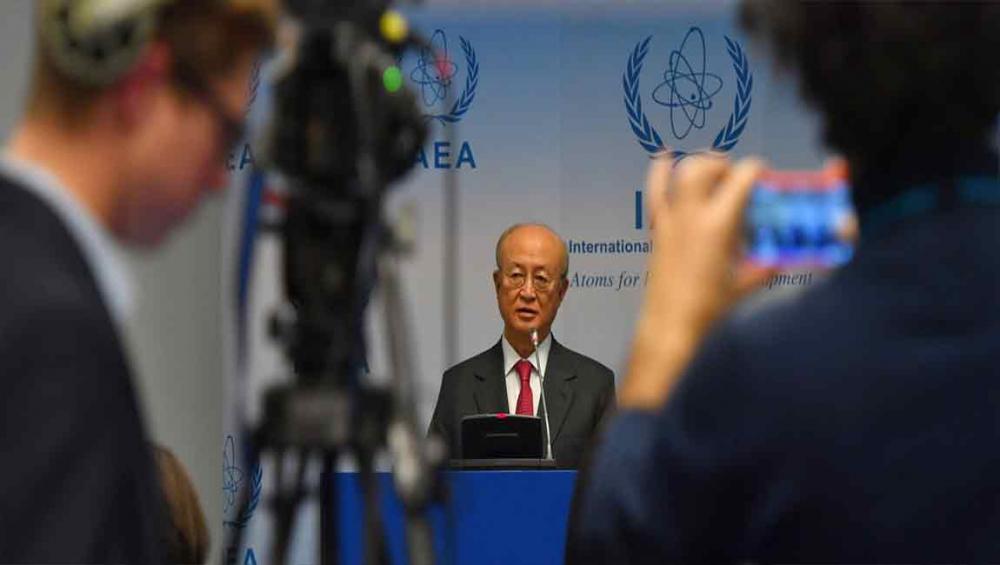Just Earth News | @JustEarthNews | 06 Mar 2018

Dean Calma/IAEA
New York: Iran is implementing a series of commitments under the nuclear agreement reached with key countries in 2015, the head of the United Nations nuclear energy agency said Monday.
“As of today, I can state that Iran is implementing its nuclear-related commitments,” he said in his introductory statement to the Board of Governors, one of the two policy-making bodies of the Vienna-based International Atomic Energy Agency (IAEA).
The Joint Comprehensive Plan of Action (JCPOA) – reached by Iran, China, France, Germany, Russia, the United Kingdom, the United States and the European Union – sets out rigorous mechanisms for monitoring limits on Iran’s nuclear programme, while paving the way for lifting UN sanctions against the country, and “represents a significant gain for verification,” he added.
Amano said that it is essential for Iran to continues fully implementing those commitments. “If the JCPOA were to fail, it would be a great loss for nuclear verification and for multilateralism,” he warned.
He said IAEA inspectors had had access to all the sites and locations which they needed to visit.
At a news conference later in the day, Mr. Amano gave more details of the Agency’s activities in Iran.
“Our inspection work has doubled since 2013. IAEA inspectors now spend 3,000 calendar days per year on the ground in Iran,” he told reporters in the Austrian capital.
He said IAEA has installed some 2,000 tamper-proof seals on nuclear material and equipment, collected and analysed hundreds of thousands of images captured daily by its sophisticated surveillance cameras in Iran.
He also said “the most important event” in the IAEA calendar this year is Ministerial Conference on Nuclear Science and Technology, which will take place in Vienna from November 28 to 30.
The conference will bring together ministers, technical experts and many others to consider how countries can make optimal use of nuclear science and technology in achieving their development goals.
The IAEA contributes directly to the achievement of nine of the 17 Sustainable Development Goals as nuclear science and technology can help countries to produce more food, generate more electricity, treat diseases such as cancer, manage their water supplies, and respond to climate change.